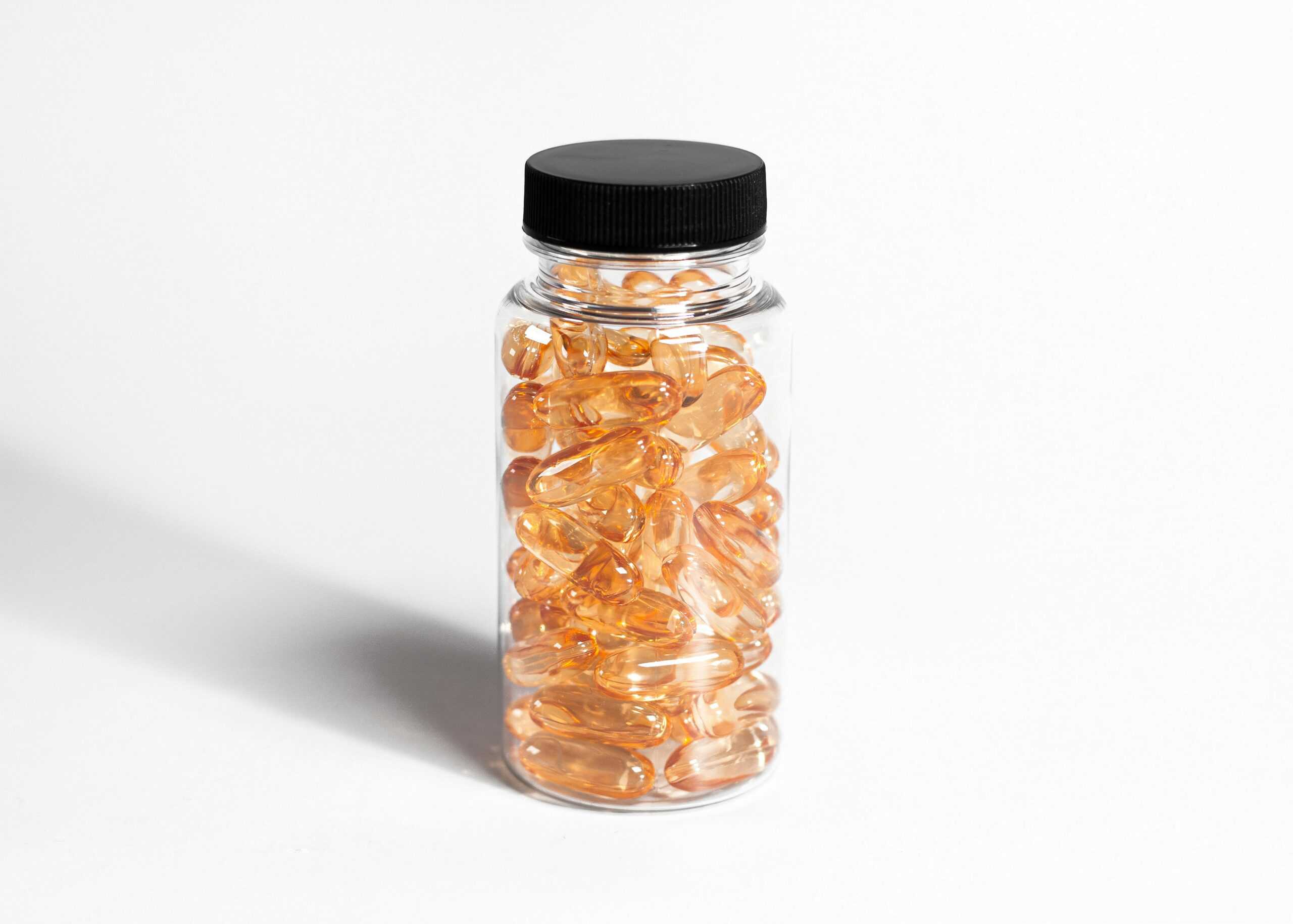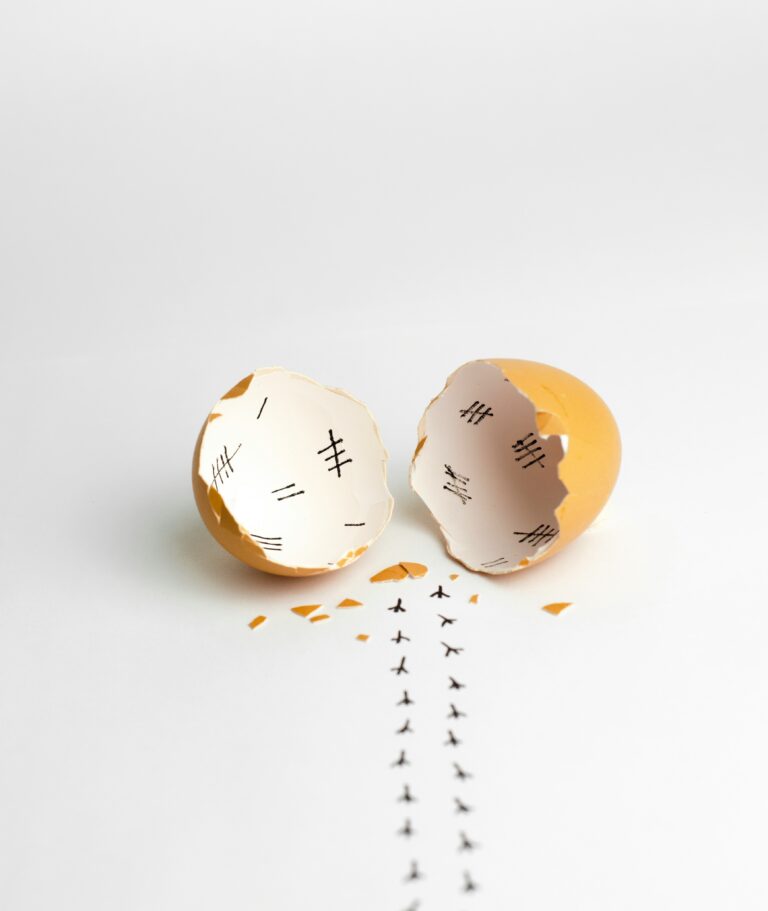Cycle syncing is at its heart a lifestyle – you adjust diet, activities, workouts and intensities according to each of the various phases of your cycle, to make sure you’re supporting your body’s natural rhythms, instead of fighting against them.
You’re helping your body do what should come naturally and be second-nature, but is unfortunately completely at odds with our current society. In an ideal world you’d be eating healthy, nourishing clean foods and not being subjected to the ridiculous level of toxins all around us today.
But obviously much of the food available has been grown in unhealthy environments and the soils are also very depleted – it can be hard to get all the nutrients and micronutrients we need to maintain optimum levels and many people are deficient in a number of things.
Nevertheless, your main source of nutrients, vitamins and minerals should always be food first – get the best possible quality, cook as much as possible from scratch and make sure to include variety and colors!
However, diet alone may not be working for you, so careful supplementation can do absolute wonders, when nothing else seems to help. But first, indulge me in a ramble…
Some thoughts on supplement safety and necessity
The supplement market is MASSIVE (and growing)!
Companies are out there actively trying to “discover” the next big thing in bio-hacking and there’s an increasing desire for a return to a more “natural” way of living, where we emphasize prevention and health optimization instead of letting things degenerate and managing symptoms as they appear. Which is good.
But for the same reason, you can go insane trying to figure out WHAT exactly you should be taking (if anything) to maintain good health and a balanced system. They’re also getting very granular with the actives and the extracts and it’s very easy to take too much of one thing and throwing everything else out of whack.
Especially considering that most of us don’t actually get tests done to see if we’re in fact deficient in something. We might be basing our decisions on a set of symptoms, that may or may not be due to the deficiencies we think they are.
Things like fatigue, headaches, dry skin, poor concentration, brain fog, sleep disorders, mood swings – ever try to google those!? They’re so common and they can have so many causes – it can be almost impossible to gauge what you actually need and how much you should be taking.
To add to that is also the fact that isolated micronutrients and actives are not really “natural”. And this is not just me being all woo-woo, Gaia and granola. Nutrients and actives are found in nature always as part of a package, which usually acts in symbiotic relationships that, for the most part, we still have only scratched the surface of.
An example of this is the vitamin D-calcium relationship – a proper amount of one is absolutely essential for the action of the other. It’s a balancing act that is more easily maintained when we’re getting our vitamin D and calcium the natural ways (through sunshine and healthy foods), but that can be easily thrown off when we start to supplement with individual high (and unnatural) doses.
It can easily get out of control. You start just wanting to supplement with 2 or 3 things (just the most important, you tell yourself), but because most micronutrients work in conjunction with others, you end up having to add more and more to make sure you’re maintaining a natural balance and not doing damage to your body. Next time you look, you’re Ray freakin’ Kurzweil – you have a cabinet full of crap and you’re taking 10-15 different supplements a day!
There are some supplements that might make sense to take regularly, because our soils and foods are deficient, our lifestyles are a lot of times not what they should be and our environment is very toxic – even when we try our hardest to do good.
But we should always aim for a low maintenance and conservative approach, trying to first optimize our diet and lifestyle as much as possible. After that, making sure to test your actual levels before deciding to take nutrients in supplement form will get us a lot closer to a realistic and sustainable regime.
Also, getting tested a few months after starting your supplement routine, to see if they’re actually helping you. Not only is there huge variety in supplement quality and formulations, but it might be the case that your deficiencies are caused by something else after all. You should be arming yourself with the data necessary to course correct – if something isn’t working, you should change your approach.
When should you take supplements for cycle syncing
So, having said all of the above. When should you consider taking supplements for cycle syncing?
Related post: Figuring Out Your Peak Period of Fertility (The Easy Way)
Best overall supplements for hormonal balance
Before we get into the best supplements for cycle syncing, as they relate to each of the individual phases of the cycle, let’s go over the best general supplements you might consider taking to support general hormonal balance (the ultimate goal of cycle syncing as a method).
First off, you should know that there are a few micronutrients that are absolutely essential for overall hormone balance and that deficiencies in any of them are usually connected to a high incidence of PMS symptoms, both physical and psychological. These are:
B-complex vitamins
Among other things, they’re involved in every aspect of the process of generating energy within cells, as well as the synthesis of many key compounds, like amino acids and fatty acids. They’re essential for proper metabolic function.
Some of these vitamins get more press than others (like B6, B9 – folate – and B12) but all are very closely inter-related and adequate levels of each are essential for brain and body health. In fact, it’s not usually recommended to take isolated B vitamins (like, just taking B6 or B12), but instead taking the whole complex B group of vitamins, to ensure that a proper balance of all is maintained.
Vitamin D
It’s absolutely vital for health, it strengthens the immune system, fights and moderates inflammation, lifts your mood, and helps build strong bones by enhancing calcium absorption. It works synergistically with magnesium, which is needed to convert the vitamin D in your blood to its active form. When taken as a supplement (in high doses), it’s important to take it with K2 as well to prevent the possibility of hypercalcemia (calcium buildup in the body), which is the major concern of vitamin D toxicity.
Lower levels of vitamin D have been linked multiple times to much greater incidence of irregular cycles and delayed ovulation, as well as autoimmune diseases and mental disorders, like depression.
Vitamin K2
It makes sure calcium goes where it should (bones, teeth) and that it stays away from where it shouldn’t go (heart and kidneys). It optimizes hormones and helps stabilize blood sugar levels (also important for balanced hormones), among other things.
Calcium
Calcium pretty much builds strong bones, but you also need it to support healthy hormone and enzyme secretion, help muscle contraction and movement. Calcium insufficiency is a big factor in amenorrhea (lack of a period), for instance.
Magnesium
Not only is it vital for dopamine balance and mood stability, magnesium is necessary for all cellular energy production – literally required for everything that happens in the body.
Omega-3 Fatty Acids
There is a bit of contradictory information about Omega-3. The nutrient itself is massively important for fertility, but when taken as a supplement in higher doses it has been shown to cause issues with egg quality and embryo implantation (maintaining pregnancy).
However, when it’s consumed as food, for instance eating fish twice a week, there are great benefits on embryo morphology (better quality) and on uterine blood flow (which increases fertility).
Should you take all of these as supplements?
Of these micronutrients, B vitamins and calcium are easily acquired through diet and there’s usually no need to supplement with them, unless you’re very deficient and are not managing to fix it with diet alone.
Calcium in particular you should really avoid supplementing with. This is because taking calcium in supplements might actually be dangerous for you, increasing the risk of cardiovascular issues and kidney stones. The forms of calcium sold as supplements are not particularly bioavailable (not easily absorbed by the body) and it’s easy to end up having far more circulating, than your body is able to absorb or handle correctly. If there are not enough corresponding circulating levels of vitamin K2, magnesium and vitamin D, which are all cofactors necessary for handling calcium correctly, it will accumulate in your body and cause problems.
Both vitamin D and magnesium are the most sensible to supplement with, just because most of us are not getting enough quality sun exposure (main source of vitamin D) and our soils tend to lack good magnesium levels. Considering also that magnesium is a water-soluble mineral (we flush out any excess that our body does not absorb and need to replenish it daily) and how absolutely vital it is for everything to function in our body, it might make very good sense to just supplement on a regular basis.
If you do decide to supplement with vitamin D, remember to always take it together with vitamin K2, as mentioned earlier, to prevent any possible issues with calcium buildup. Many vitamin D3 supplements already come with K2, exactly for this reason.
Supplements for cycle syncing – the phases
I wrote an introductory post to the concept of cycle syncing before, where I go over all the major concepts and the individual phases. Go check it out for a more in-depth explanation of what goes on in each of the phases. Here I’m just going to go directly into the specific supplements for cycle syncing that might help you optimize the actions of each phase.
Supplements for the follicular phase
In this phase, you start to recruit a few possible follicles to release the best possible egg in the next phase (ovulatory). We also start to build what hopefully will be a quality (and cozy) uterine lining to host a possibly fertilized egg, if pregnancy occurs.
zinc
Zinc has been shown to boost ovulation (egg growth and development) and fertilisation, taken 3-5 days before ovulation. High doses at once (above 30 mg) can cause nausea, so start low and listen to your body.
q10
It helps promote good ovarian response and egg health. It also boosts the energy (mitochondria) of your follicles.
Supplements for the ovulation phase
In this phase, estrogen levels will start to surge. The luteinizing hormone will cause one of the eggs that were primed with the Follicle Stimulating Hormone to be released. It’s important to make sure the high levels of estrogen are being properly metabolized, so that there’s no excess circulating that might cause issues.
DIM (Diindolylmethane)
Found in cruciferous vegetables. It helps to moderate and optimize the metabolism of estrogen, helping the liver to process any excess the body might be handling.
zinc
Can be continued during ovulation, to help boost fertilization, if you’re trying to get pregnant.
Related post: Your Basal Body Temperature Chart: What to Know and How to Read it (properly)
Supplements for the luteal phase
In this phase, estrogen levels continue to rise, the uterine lining continues to thicken and progesterone will begin to rise and should remain dominant throughout this phase (over estrogen). Symptoms of PMS are actually a sign that estrogen is dominant and that the body is having trouble flushing out the excess. There’s a natural increase in metabolism and so a need for more calories, making us more naturally drawn to carbs and sugary foods.
It’s important to stabilize your blood sugar level and boost serotonin and dopamine to keep your mood stable.
Chromium & cinnamon
Chromium is very important for carbohydrate metabolism and the polyphenols from cinnamon improve insulin sensitivity.
b vitamins
Very valuable for serotonin metabolism and release.
zinc
Zinc administered in one to four daily doses of 20–30 mg before and during each menstrual cycle may help reduce the intensity of the pain accompanying menstruation.
magnesium
Low levels of magnesium in the luteal phase have been linked to PMS.
calcium
There is some evidence for supplementing with calcium in the days leading up to your period, which may help with pain and symptom relief.
vitamin e
Has been shown to help with pain when taken a few days before your period and on the first couple of days of it.
Related Content: PMS vs PMDD – And What You Can Do About It Right Now
Supplements for the menstrual phase
In this phase, the corpus luteum gets reabsorbed by the body, triggering a progesterone drop, which will start the shedding of the uterine lining. This is an intense process that causes a greater loss of nutrients, so it’s important to replenish them. Also, the level of prostaglandins (hormone-like compounds) is usually higher, which can cause cramping and inflammation.
The best course of action is to help your liver detox and load up on anti-inflammatory agents.
Quercetin
It’s an anti-inflammatory and antioxidant, but it’s also been shown to reduce symptoms of PCOS. It’s a phytoestrogen, which means it has an estrogen-like effect, that would be useful in this phase, where the estrogen levels are at their lowest.
nettle
A good source of magnesium and iron. It’s anti-inflammatory, it balances prostaglandins and it helps replenish nutrients lost to bleeding.
iron & vitamin c
Again, to help replace iron levels in the body that may be lost due to menstrual blood loss. The vitamin C helps the absorption of the iron and, of course, it’s also an important antioxidant and anti-inflammatory.
ginger
A powerful anti-inflammatory. Take into account that it’s a very warming herb, so if you live somewhere hot it might feel overwhelming to you.
magnesium
It can help with general relaxation of muscles, helping with cramps.
Bottom line, ideally you want to get to a point where your hormone-balancing lifestyle and diet are so tuned in that you don’t even feel the need to research supplements for cycle syncing, but this can take (lots of) time. Especially if you’re coming from a serious imbalance – it can feel way too slow! Supplements can definitely be life-changing, when used correctly. Just remember to do your research and to start slow.
Go with the low hanging fruit first, like vitamin D and magnesium, that have the highest payoff with the lowest risk and assess. Listen to your body and course correct when needed.
Let me know your thoughts!








